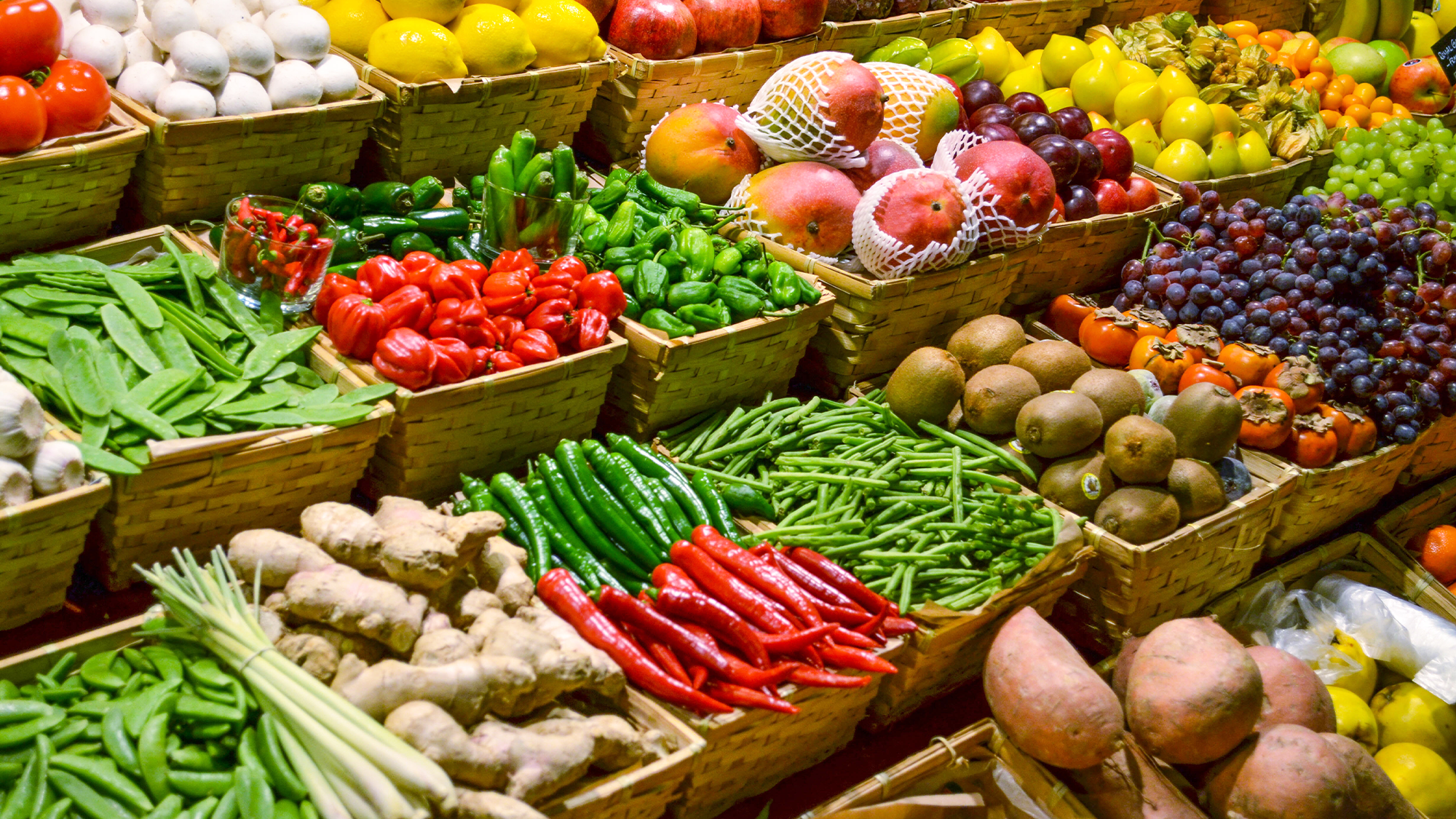

The cost of putting food on the table keeps going up in the United States, especially for vegetables. According to the US Labor Department’s most recent producer price index data, vegetable prices saw a 38 percent jump in November from October’s prices. The cost of veggies is more than 80 percent higher compared to November 2021 prices.
Climate change has played a prominent role in the shortages, according to scientists. The western United States is in the grips of a historic 23 year-long mega drought that has drastically lowered water levels in the Colorado River, which is shrinking. According to NOAA, as of October 2022, there have been more than a dozen weather or climate disaster events that have resulted $1 billion in losses in each instance.
[Related: The numbers show just how devastatingly dry the Western US is right now.]
According to reporting from Bloomberg, the state of Arizona produces 90 percent of the country’s leafy greens annually from November through March, and this year’s crop production was hit hard by the drought. Arizona will also lose one-fifth of its share of water from the Colorado River next year.
California is the US’ top agricultural producer and has lost about $3 billion due to the drought. “There’s just not enough water to grow everything that we normally grow,” Don Cameron, president of the State Board of Food and Agriculture, told the Times of San Diego.
Climate change was front and center at this year’s Colorado River Water Users Association conference, which is normally a largely academic three-day event. “The Colorado River system is in a very dire condition,” declared Dan Bunk, a U.S. Bureau of Reclamation water manager. “Flows during the past 23-year period are the lowest in the past 120 years and (among) the lowest in more than 1,200 years,” Bunk told the webinar audience.
According to Bunk, two of the largest reservoirs on the Colorado River are at historically low levels. Lake Mead, located behind the Hoover Dam on the Nevada-Arizona state line is at 28 percent capacity, compared to 100 percent in mid-1999. Lake Powell, which is formed by the Glen Canyon Dam on the Arizona-Utah border was last full in June 1980, and is at 25 percent capacity today.
Stormy weather has also affected this year’s crop yields. In Florida, the devastating Hurricane Ian and late-season Hurricane Nicole cost the state almost $2 billion.
“Every year the farmers who feed our nation get smarter and more resilient, but it’s increasingly stressful to adapt to the extreme variability they face,” Erica Kistner-Thomas from US Department of Agriculture’s National Institute of Food and Agriculture, told USA Today. “One year they’ll have the best year ever and then the next year they’ll be hit with a major flooding event or drought.”
[Related: Rain storms have gotten more intense across most of the US.]
Additionally, University of Wisconsin, Madison agriculture and applied economics professor Paul Mitchell told USA Today, “crops are more resilient to dry weather than they were 20 years ago.” He added that as these extreme events devastating crops happen more and more frequently, the crops won’t be able to adapt quickly enough.
“US agricultural productivity is rising, but it’s not becoming more resilient to extremes,” Mitchell said. “When bad years start to line up, are we doing things to prepare for the unusual as it becomes more usual?”
Some ways to help save money as produce and grocery prices continue to rise are to stock up on staple items (flour, canned goods, sugar, etc.) in bulk if possible, always go to the grocery store with a list and ideas of what’s on the menu for the week, comparing prices via a supermarket’s website or app, and trying to alter your menu and use expensive items like meat more sparingly.
